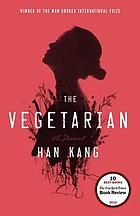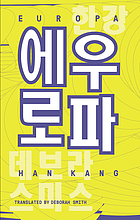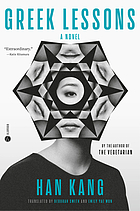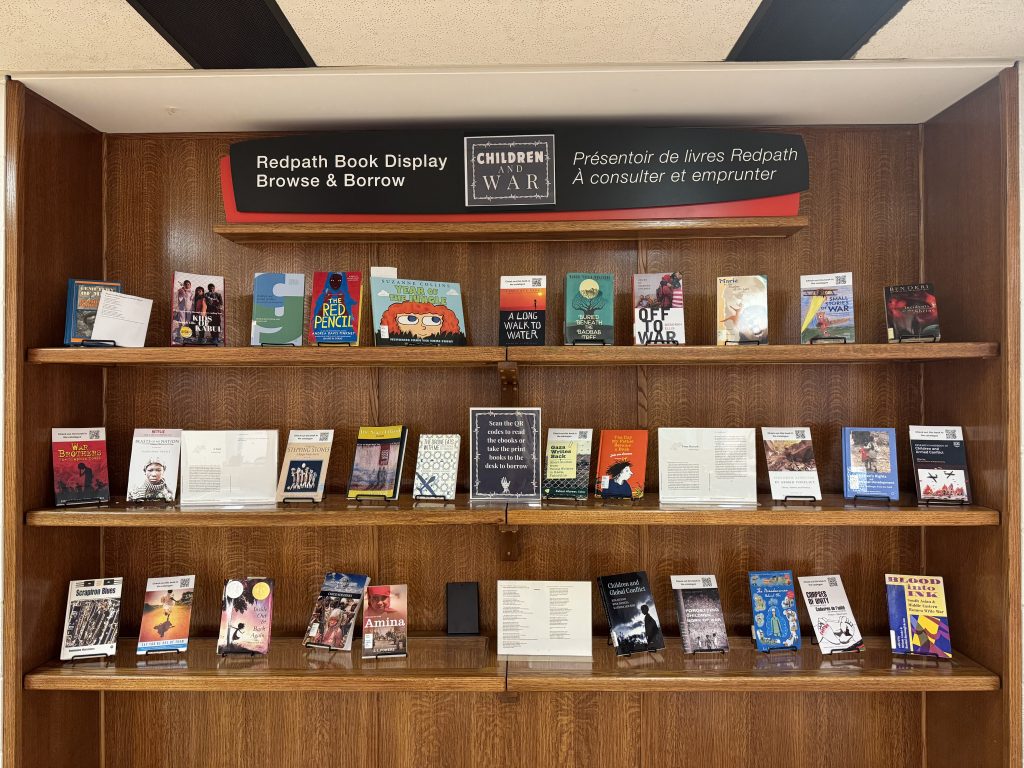麦吉尔大学图书馆提供中文电子书籍!
Check out the new digital library of Chinese ebooks: Chinamaxx Digital Libraries.
This digital library contains digitized copies of books published in China, mostly in the 1970s and 1980s. Unlike ebooks nowadays that are born-digital, these are digitized copies of print books that might be out of print.
Through Chinamaxx, you can select books and gain speedy access to the content at your convenient location.
When you enter the Chinamaxx site, check the “Trial” box. (You can choose the display language from the dropdown menu under “Other Languages” in the right column.)

Once “Trial (试读全库书)” is checked, you will be able to see the categories, by which you can browse book titles.

Click “推荐 (recommend)” and enter your name and email address. You will receive an email notification when the book is available.
Questions about Chinamaxx or other Chinese resources? Contact the East Asian Studies Liaison Librarian (hye-jin.juhn@mcgill.ca).








